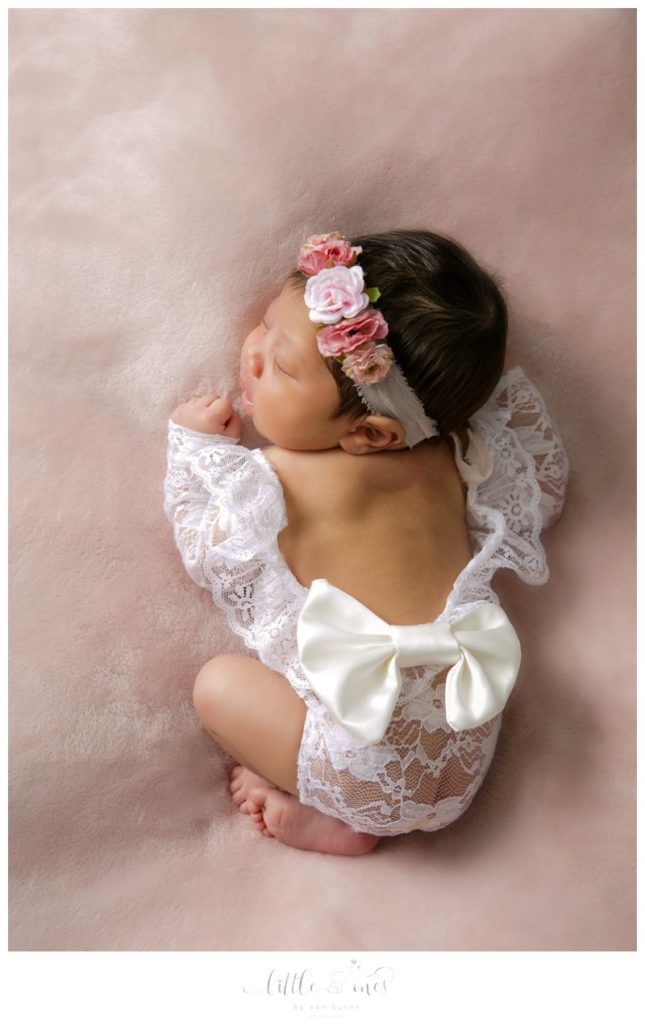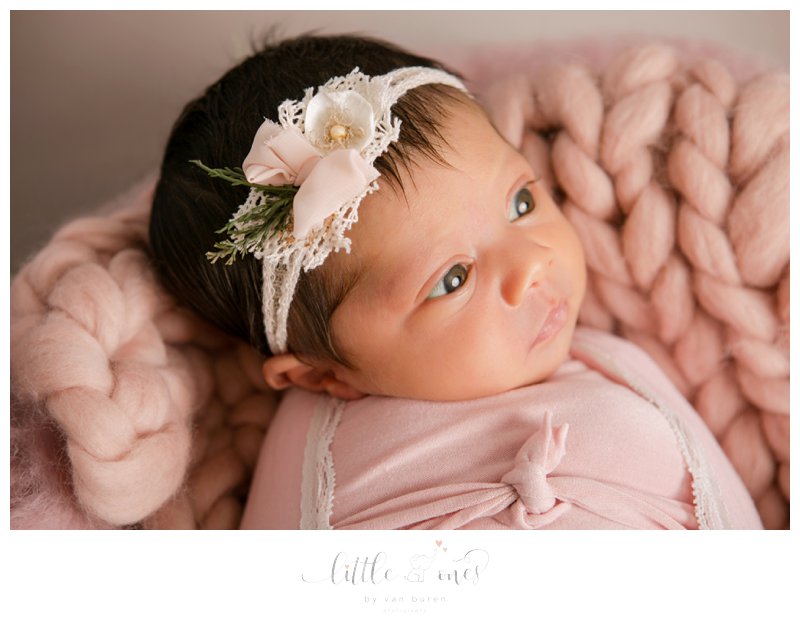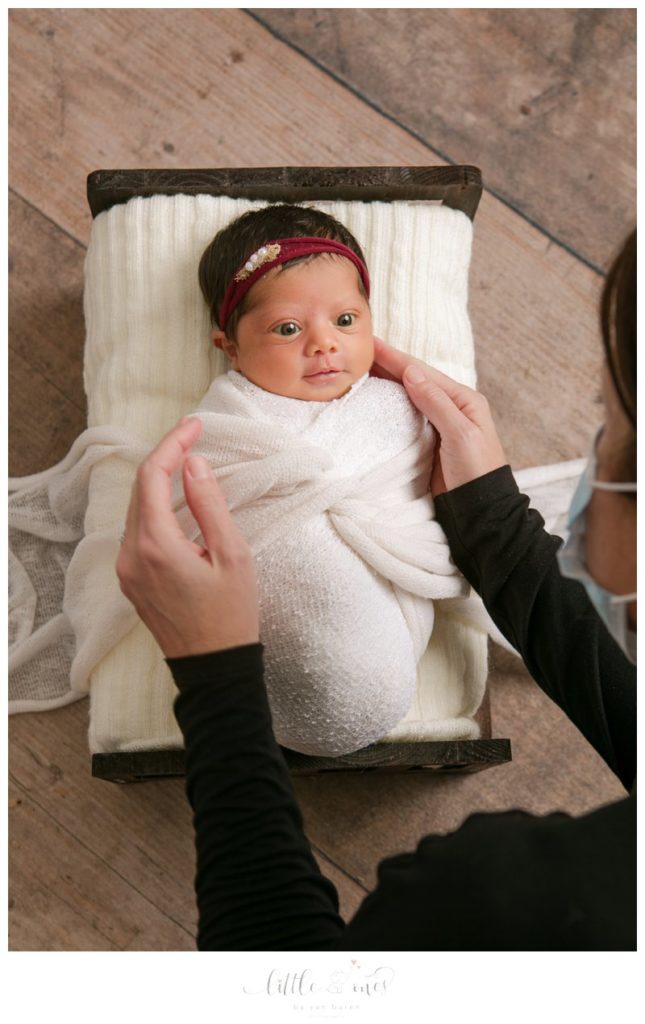Welcome to the world baby Emmaline! What a pleasure to photograph this sweet baby.
Click here to contact us for more information about our newborn sessions.
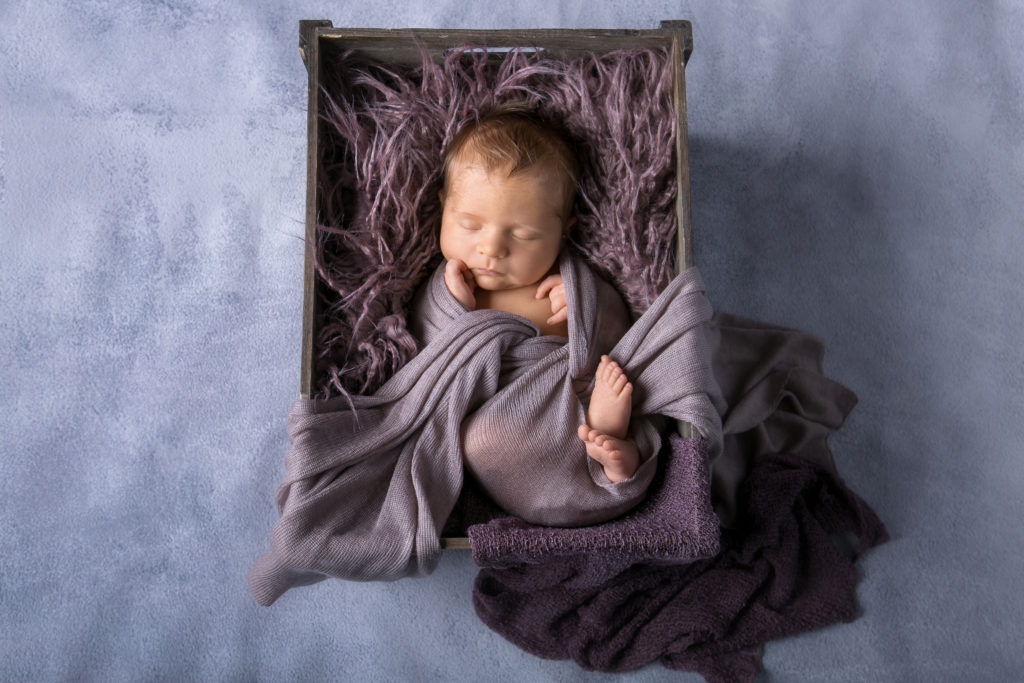






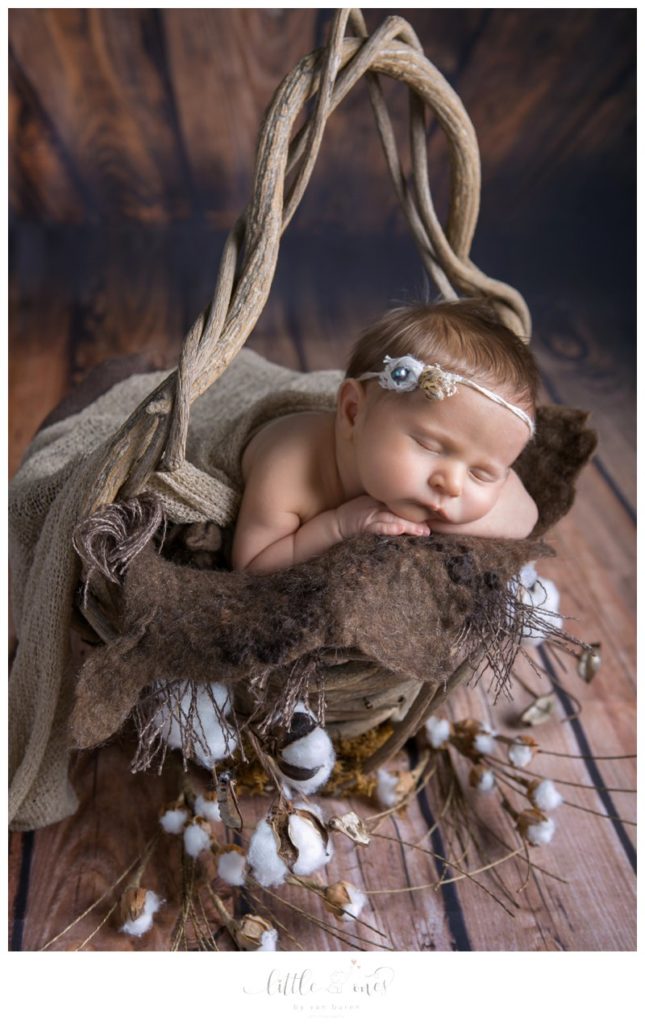


Sweet baby Saige turned one and we helped capture this BIG milestone. We offer milestone mini sessions which are great for 6-month-old portraits, first-year portraits and every milestone to follow.
Click here for information about our milestone minis?


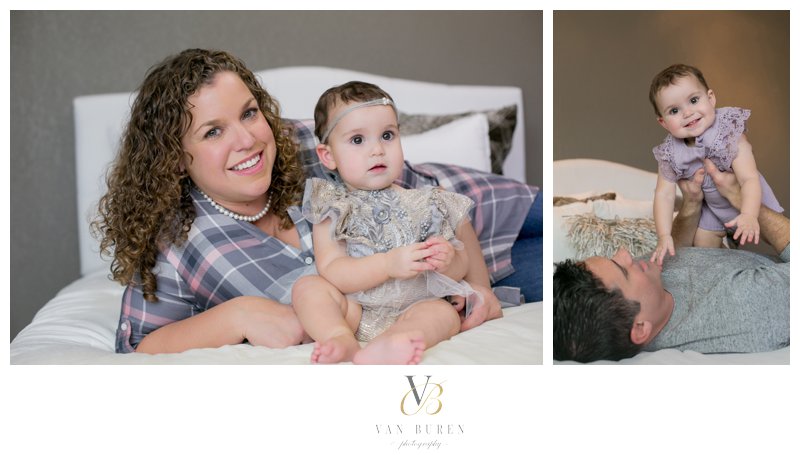



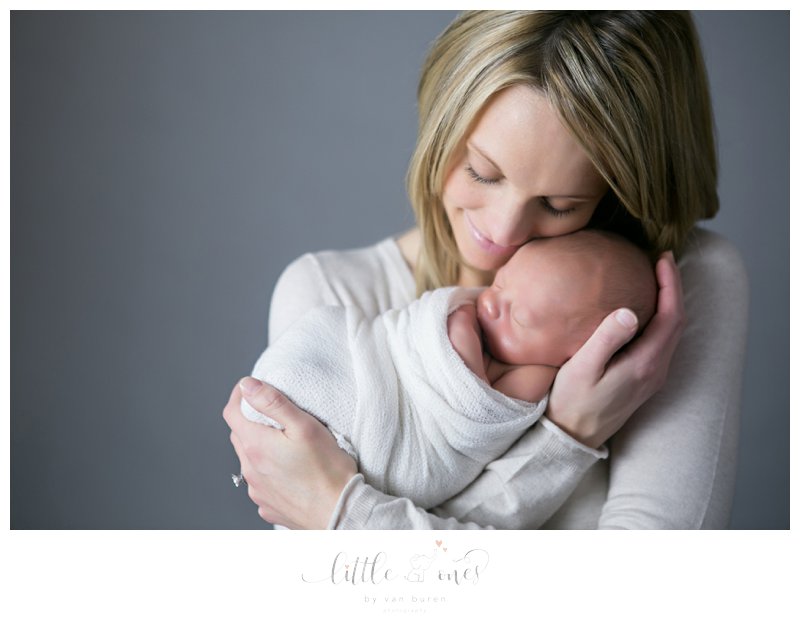
Is Using a Doula the Right Choice for You and Your Baby?
We all need somebody to lean on — especially when giving birth. It may not be enough for some mothers to rely on doctors, nurses or partners to get through the painful labor process. Sometimes, a different kind of helping hand is needed.
That’s where the doula comes in. Not to be confused with the midwife, the doula is a trained professional who provides physical and emotional support to women during pregnancy, labor and early postpartum.

What Does a Birth Doula Do?
Where midwives tend to assist more physically with the actual process of labor, doulas provide emotional and educational support throughout the whole processes of pregnancy, labor and after. They are there to offer information and education to mothers and their partners and offer guidance.
“We help Mom and her partner to be as prepared as possible for their baby’s birthday throughout pregnancy,” said Cara Mehlon, a doula from Carmel, Indiana. “During labor we help her feel as comfortable as possible using relaxation techniques, comfort measures and position changes to help labor progress comfortably and safely. Once baby is born we are able to help with breastfeeding as soon as baby is ready to nurse. During the postpartum period a doula comes to the home to check in on the family, discuss how the birth went and support the family with newborn care information including local resources.”
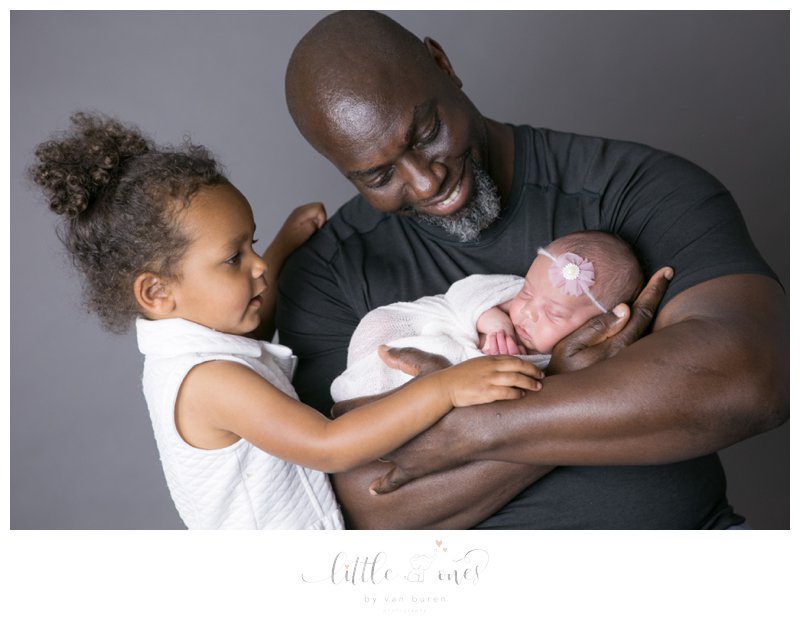
Are Doulas Licensed?
There is no required license to become a doula, but many, like Mehlon, are trained through the Doulas of North America (DONA). With this training, doulas use massage therapy, homeopathic remedies and other tools to keep mothers calm and reassured during the birth process.
Why Hire a Doula?
There are many reasons women choose to use doulas and many things to look for when considering bringing one into your life for your birthing experience.
“Some women may need someone who is more nurturing and others may need someone who will be more straight and to the point during labor,” Mehlon said. “Both are fabulous choices. As a massage therapist, I find many women love receiving massage during labor and then others don’t want to be touched at all. Having a doula that meets with you prior to your birth to get to know your needs and desires for birth is very helpful for everyone involved on your special day.”
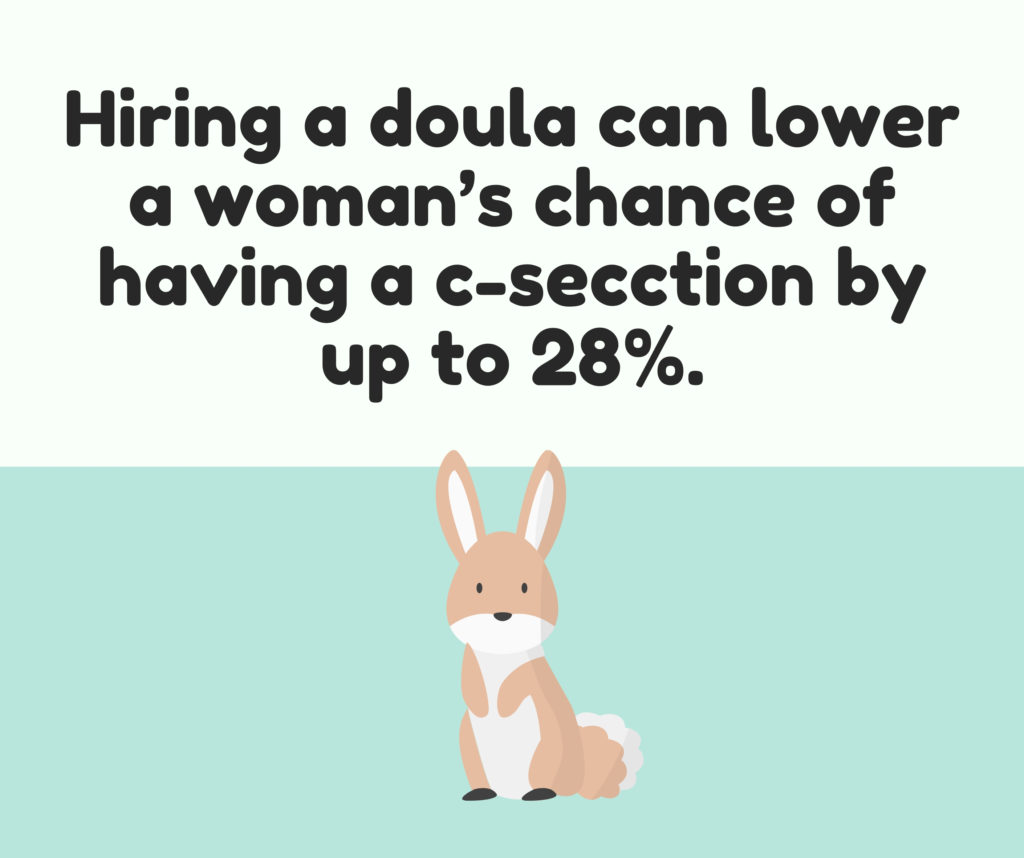
For Caitlin Balgeman, the potential for “the unexpected” is what made her want to hire a doula.
“I wanted to have support through my labor, with the goal of having an unmedicated labor but understanding that things don’t always go according to our plans,” Balgeman said. “If the unexpected happened, I wanted someone who knew my wishes and could help advocate for me, as well as helping my husband and I navigate any decisions we might have to make.”
Balgeman also recalled feeling comforted by the presence of Mehlon throughout the span of pregnancy and labor — a presence that most new mothers come to realize is needed if it is their first baby, or if their partner is “squeamish.”
“I think the first word that comes to mind when I think of having a doula is ‘presence,’” Balgeman said. “Cara was such a calming and constant presence throughout my hospital labor, even though I wasn’t always consciously aware of all the work she was doing in the moment! I liked being able to talk through labor and different possibilities with her beforehand, and practice different labor positions with my husband and her. I was able to text her when I had questions, and I was able to call her while I was laboring at home so she could help me gauge how I was progressing and when it was time for us to head to the hospital. It was great to have multiple support people so that I didn’t have to rely on only one person the whole time — it allowed my incredibly loving and also somewhat squeamish husband the chance to have a break, and to have someone he could rely on to know what was happening.”

Though research shows a very small percentage of mothers use doulas to help with their pregnancy — less than 10%, in fact — it also shows that those who do choose to hire a doula are less likely to have pre-term births. A study also found that hiring a doula can lower a woman’s chance of having a cesarean by up to 28%.
The cost of hiring a doula can vary. Only two states currently allow mothers access to hiring doulas through Medicaid — Minnesota, and Oregon. The cost of hiring a doula ranges from $800 to $2,000.
Knowing if a doula is right for you and your baby can be tough. Balgeman claimed that she could think of nothing she didn’t like about Mehlon’s guidance in bringing her newborn into the world.
“Every labor is different and ultimately unpredictable,” Balgeman said, “but doulas are there to help you navigate whatever comes your way. Go ahead and ask any potential doula of yours lots of questions — they can handle it! They want you to feel totally comfortable and safe with them, and communicating any questions, worries, and thoughts is all part of that process.”

Learn More about Doulas
To find out more information or to find a doula in your area, visit dona.org.
We specialize in beautiful newborn photography in our Denver Studio.
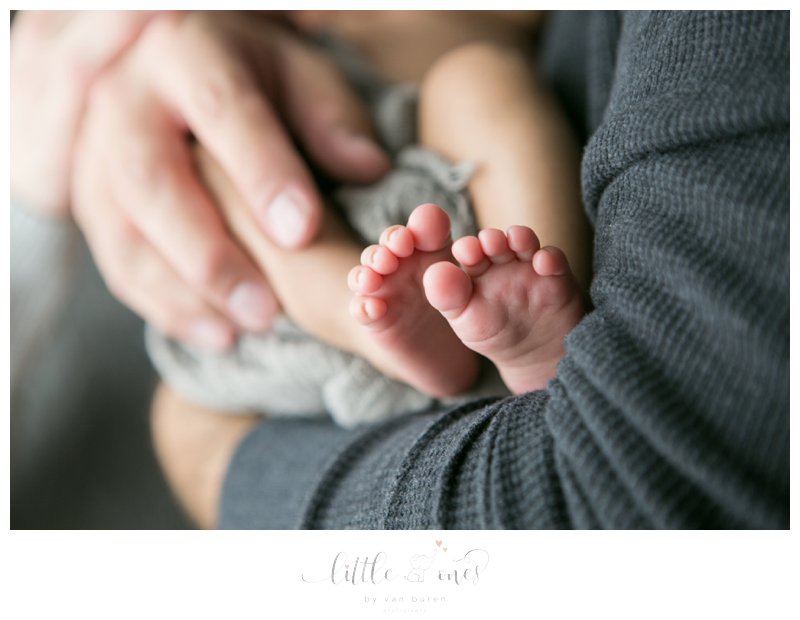
New moms know that breastfeeding has many benefits for both mothers and their babies. There are physical benefits for baby’s health — lower risks of asthma, diabetes and gastrointestinal issues — but also emotional benefits as well.
According to the U.S. Department of Health and Human Service’s women’s health site, being physically close with mom is important for newborns; it gives them comfort, warmth, and security. It can help strengthen the connection between mother and baby.
But can that connection be disrupted when a breastfeeding mother is scrolling on her smartphone?
According to experts, that is a possibility. This concept, which has been called “brexting” is a trending hashtag on Twitter. And it has become a popular topic of conversation with new moms offline too.
Health officials believe that being distracted while breastfeeding compromises a developmental process that happens when a baby sees and responds to their mother’s face.
A study performed in 1975 concluded that when mothers approached their babies without smiling or talking, the babies would become distressed and turn away, whereas, if the mother cooed and smiled at the baby, he would smile and move his arms and legs.
Another study from Harvard found that if a mother breastfed with a blank expression, their baby would react anxiously. Experts believe a newborn will likely have a similar reaction if her mother is distracted by a device such as a smartphone.

For new mother Ellie Brackman, whose newborn came into the world in January, deciding to breastfeed was an easy choice.
“With everything in pregnancy and birth I wanted to be as natural as possible,” she said. “I had this mentality of ‘My body is designed to do this on its own, so I should let it.’ So I gave birth without any medication and wanted to breastfeed. I also think it is super cool that with breastfeeding my body can recognize when or if my baby needs certain nutrients. If she’s starting to get sick, my body will pick up on that and send more antibodies through my breast milk to her. Also, it’s a more economical choice for my husband and me. Babies are expensive and not having to pay for formula definitely helps. For me as a new mom, it feels really special that I’m the only one who can give her exactly what she needs. I’m her whole world right now, and I love that.”
Brackman is not familiar with the concept of brexting. She said that while she believes paying attention and being present while breastfeeding her newborn is important, she’s not sure that being productive during that time is necessarily a bad thing.
“I think it’s just like anything else with technology — you have to stay in control of it and be aware of your time spent with it. I spend a minimum of four hours a day breastfeeding my baby. That time adds up, and breastfeeding is not an easy thing to do. I’m the type of person who can’t just sit all day; I have to get things done or be busy or I go crazy. Even though breastfeeding is hard work and a far cry from just sitting on the couch all day, I still need to do something with my mind during that time.”
She explained that while she breastfeeds her newborn, it’s not uncommon for her to Facetime with family members who live far away or read articles about childcare or shop online for things her baby needs.
“However, even though I use my phone while nursing, I never spend the entire time scrolling,” Brackman said. “I have to pay pretty close attention to my baby while she nurses because I actually overproduce milk and she tends to chug really fast. I also have to keep her awake during feedings or she will just fall asleep and not fill her belly. I can see how there might be a possibility for some women to scroll the whole time they nurse and that could lead to some disconnect between mother and baby, but I think overall brexting isn’t a major issue. I think being a new mom is pretty tough both mentally and physically. If checking your Instagram while you nurse gives you the mental break you need then take it. You can’t care for your baby very well if you’re frazzled.”

Though some think brexting could potentially lead to over-feeding, which could subsequently lead to other issues like obesity, there is not enough evidence yet to conclude this.
More studies are being conducted now to find how brexting affects a child. So far they have not found anything conclusive to confirm that the specific distraction of smartphone use while breastfeeding is technically harmful. And the reality is that even before smartphones were in the picture, many mothers did other activities during breastfeeding, like reading or watching TV, that would be considered distracting. Smartphone use has become prevalent for everyone; no one is immune to its potential for distraction. But mothers are often shamed for a variety of choices they make when it comes to pregnancy, breastfeeding, and childcare, so it is not necessarily surprising that the concept of brexting is so heavily debated online.
Click here to contact us for more information about Denver baby photo sessions?
Every mother looks forward to the moment after the grueling hours of labor and delivery when she can pack everything up and take her newborn home from the hospital. But not every baby gets to go home right away.
Though it’s hard to imagine for yourself and your newborn, around 10 to 15 percent of babies born in the United States end up needing care from the Neonatal Intensive Care Unit (NICU).
Some NICU stays are expected before your baby is born. The doctor may notice some condition and be able to warn you ahead of time that your newborn may have to spend some time in the NICU. If this is the case, make sure to ask questions about what a stay in the NICU will entail. This gives you time to get familiar with the hospital’s NICU policy and talk to other parents who have had similar situations and can support and guide you.
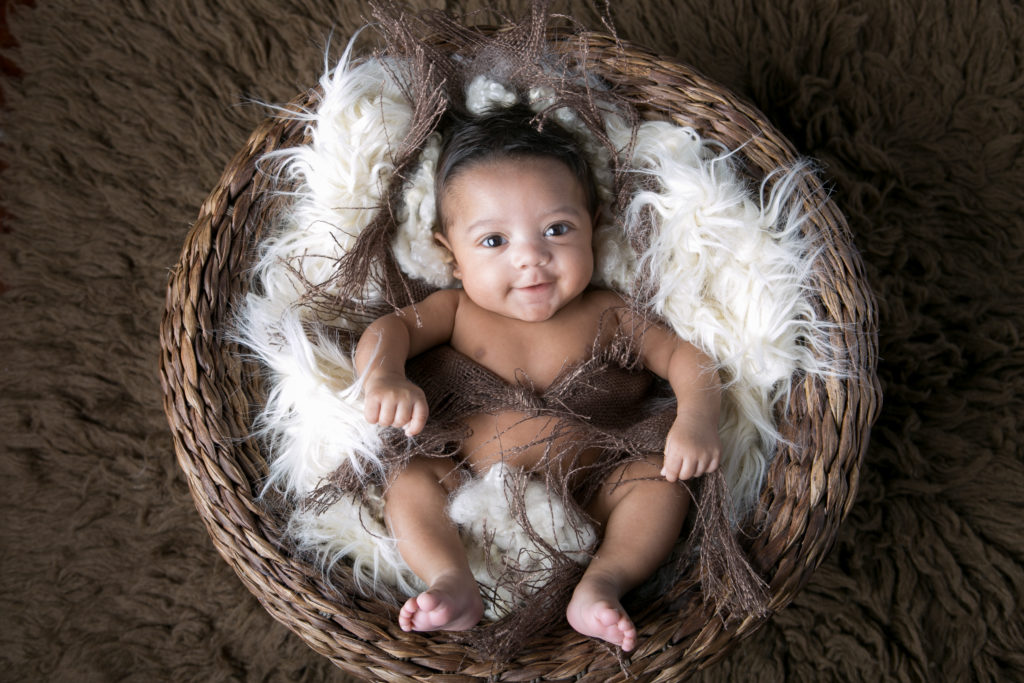
What Can Lead to a Baby’s NICU Stay
Your new baby may have to spend time in the NICU because of a medical condition that you have, because of a medical condition that she has, or because of situations that can arise during labor and delivery.
Certain conditions in a new mother can result in a NICU stay, including
- Diabetes
- High blood pressure
- Premature rupture of membranes
- Over 40 years old
- Under 16 years old
- Bleeding
- Multiples
There are situations that can arise during the birth process than can also require your baby to spend some time in the NICU. These include
- Premature delivery
- Lack of oxygen during birth
- Breech delivery
- C-section delivery
- Meconium in amniotic fluid
Your baby may be born with a condition that requires a little more time in the hospital. These can include
- Low birth weight
- Low blood sugar
- Seizures
- Respiratory distress
- Birth Defects
Even babies who are born without any complications may end up back in the NICU. This can happen because of things like infections, poor weight gain, or jaundice.

Tips to Help You Cope When Your Newborn is In the NICU
The old saying goes “Expect the best, prepare for the worst.” No one wants to go home without their newborn, but there are ways to make the stay in NICU a little less stressful for you and your partner.
When your new baby is in the NICU, she’s got lots of people taking care of her. It’s important that parents are involved too. But it’s also important that you take care of yourself as well. After all, you just had a baby!
Sticking to a regular schedule can help ease the difficulty of having a baby in the NICU.
It’s also important that you take care of your body physically. That means eating healthy foods, staying well-hydrated, and getting a good night’s sleep. Your new baby needs you to be healthy!
Get counseling if you need it so you stay mentally healthy too. Most NICUs have a counselor, clergy, or staff available to offer support and mental health help while your newborn baby is in the NICU. Take advantage of these services.
Connect with other parents who have babies in the NICU. It’s nice to have someone who can relate to what you’re going through.
Let friends and family support you while your baby is in the NICU. They can help with baby’s older siblings, prepare meals, run errands, keep your house clean, and simply offer a shoulder to cry on.
Make sure you’re bonding with your new baby, even if you can’t hold her. You can change her diaper, give her a bath, read and talk to her, even if you’re not able to hold her just yet.
Help older siblings understand the situation. Keep them in the loop! Your other children may not understand why their new baby brother or sister can’t come home yet. And they might be confused and sad because mom and dad are gone so often. Check in with baby’s siblings and let them ask questions and tell you how they feel. Often, NICU nurses will give tours to baby’s siblings and show them how they are caring for their brother or sister in the NICU.

New Moms Share Their Newborn’s NICU Experience
“My daughter was born premature with down syndrome and a few other health issues. She had a two-month stay in the NICU. It was almost like a job. My husband and I would get up early and go visit her. We would be there from 8 a.m. and leave around 8 p.m. after talking to the night nurses about her care. We would get home, take care of the pets, shower, and go to bed and do it all over again in the morning. While at the hospital we would play board and card games while she was sleeping. The hospital also had events for the parents to get to know each other there. Her first Thanksgiving was there and was the hardest day for us. She’s now three and doing great.” –Kat Williams
“I’ve had three NICU babies due to isoimmunization. My last two spent a month each. It’s hard but having a supportive partner definitely helps.” -McKayla Allen
“My first baby was a 13 week NICU stay. It was hard, especially because it was 2 hours from my home. My second baby was five days and the third was ten days. It’s never easy; we just do our best.” –Meg Schmitter
“My daughter was born six weeks premature and had to stay for about two weeks. I stayed with her the whole time except to go home and take a shower. Having support is always great! Take it one day at a time. My little one just turned one.” –Simone Gwen
“It was depressing. I spent every moment I could at the hospital. The NICU becomes like a surrogate family. It was rough on their dad. He had to return to work.” –Christi Marie Lines
“I stayed two weeks with her in the NICU. I left once to get clothes. Dad stayed with her while I went home. It was a horrible experience, but we bonded while visitors were limited.” –Stephanie Myers
Photographing Your Newborn Baby in the NICU
Even though your baby’s time in the NICU can be sad and emotionally draining for everyone, it’s important that you take lots of pictures during this time. If you can afford to do it and the NICU staff allows it, hire a professional photographer who specializes in birth and newborn baby photography. These photographers are specially trained to work around the staff and the equipment to get pictures of baby’s early days.
If your situation does not allow you to hire a newborn photographer, here are some tips for photographing your own baby while she’s in the NICU.
Forget the flash! Many hospitals won’t allow you to take flash photos of your newborn in the NICU. Also, the flash can be hard on baby’s sensitive eyes.
Don’t worry about fancy equipment. If a mobile phone or digital camera is all you have, then definitely use what’ve you got to get baby’s first photographs.
If your baby is a preemie, memorialize her size by putting items in with her that show perspective. Slide dad’s wedding ring around her wrist, or simply lay your hand on her head to show the relationship in size.
Photograph all the sweet details of your newborn baby, from her tiny hands and feet to the tip of her swirly-haired head.
Photograph the doctors and nurses who are taking care of your newborn during baby’s first days and weeks. They’re a part of her story too.
And of course, take lots of pictures of that magical moment when you get to take baby home from the hospital. After all, it’s a celebration, no matter how long it took to get there!

stay connected!
INSTAGRAM @vanburen_photography
home
newborn
maternity
pricing
about
contact
All Rights Reserved. Van Buren Photography Branding + Site by
Leslie Vega Design
katie@vanburenphotography.com
720-489-1172
family
children


